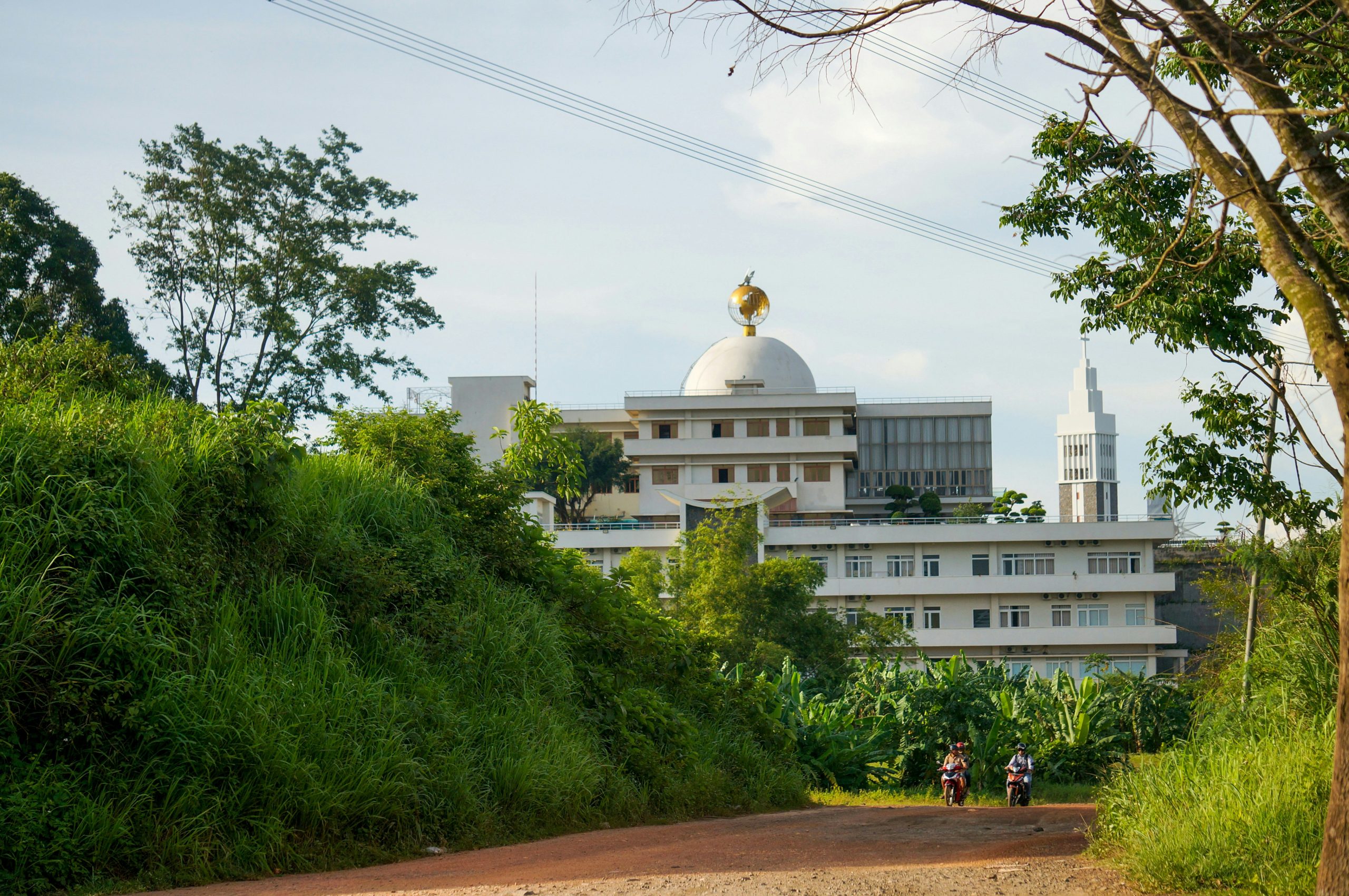Argentina Citizenship-by-Investment (CBI) has moved from rumors to a real policy direction. Argentina has now put a formal legal framework in place that lets a foreign investor request Argentine citizenship without a prior residence period, as long as they make a government-recognized “relevant investment.”
Think of it like this: Argentina is building a new front door for serious capital—one that still runs through tight screening and structured approvals.
The story so far (in plain terms)
In 2025, Argentina introduced this framework in two steps:
- First, the country updated its citizenship rules by adding the concept of citizenship linked to investment and setting up the institutional base (including a dedicated agency).
- Then, it published the how-it-works procedure: where you apply, who reviews you, and how the final decision is made.
UNCTAD also logged this as a verified investment-policy measure and explicitly notes that the Ministry of Economy still needs to define what counts as a “relevant investment.”
How it’s expected to feel in practice for an investor
This is not being positioned like a “quick passport” product.
Instead, it reads like a state-managed onboarding process:
- You submit your request through a specialized agency under the Ministry of Economy.
- Your investment is assessed to confirm it qualifies as “relevant.”
- If it passes that test, the file moves through inter-agency checks focused on security, integrity, and background risk.
- After the agency’s report, Argentina’s immigration authority must issue a decision within 30 business days from receiving that report.
HNWI takeaway: Argentina is signaling, “We want capital—but only the kind that survives institutional scrutiny.”
The big missing piece (and why HNWIs should care)
Here’s the key point that keeps this program in a “watch and prepare” stage:
- The framework does not yet clearly publish:
- a minimum investment amount, or
- a definitive list of eligible investment types.
Instead, that definition is delegated to the Ministry of Economy to issue criteria later.
Business implication: until those criteria are published, a serious investor should avoid treating this as a “deploy capital today, passport tomorrow” decision. It’s smarter to prepare your file and move only when the investment rules are bankable.
What this could mean strategically for high-net-worth investors
For most HNWIs, Argentina Citizenship-by-Investment (CBI) isn’t about collecting another document. It’s about optionality:
- Jurisdictional risk management: a credible additional citizenship option can reduce reliance on a single country’s stability.
- Mobility + platform planning: citizenship can support long-term lifestyle, family continuity, and multi-market operating flexibility.
- Capital alignment: if the government defines “relevant investment” around productive sectors, this may favor investors who can deploy capital in ways that create measurable value (the final criteria will determine the real opportunity).
What you can do now (without waiting on the final rules)
Even before thresholds are published, HNWIs can build a “ready” position:
- Source of wealth & funds narrative: clean documentation trail (business exits, dividends, audited statements, banking path).
- Background readiness: police certificates, litigation disclosures, compliance declarations where relevant.
- Investment logic: a clear rationale memo explaining your capital intent and value-add (this becomes useful when “relevant investment” criteria arrive).
- Structuring clarity: beneficial ownership transparency and clean holding structure planning.
- Tax/residency coordination: make sure any long-term plan fits your reporting and personal footprint.
This matches the program’s posture: high scrutiny, high control, institutional checks.
How Globalia Consulting (partner of Globevisa Group) can help
For HNWIs, the risk is rarely “forms.” The real risk is moving capital before the rules are clear—or building a file that fails under due diligence.
Globalia supports you with a practical, investor-grade approach:
- Strategy mapping: align your goals (mobility, family, business footprint) with realistic timelines and acceptable risk.
- Regulatory monitoring: track official rule releases and define clear “go/no-go” triggers once “relevant investment” criteria are published.
- Bankability-first preparation: build a due-diligence-ready file that works for government screening and real-world financial onboarding.
End-to-end execution: documentation, compliance packaging, and coordination with qualified local professionals through the decision stage.


